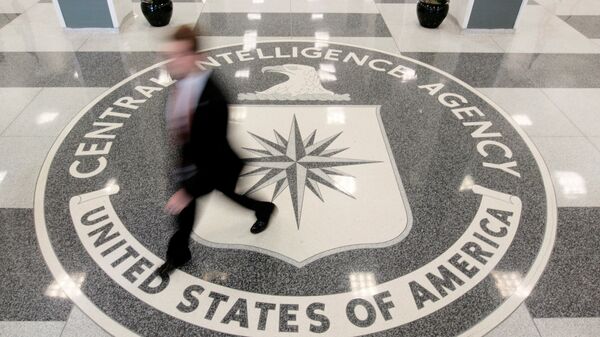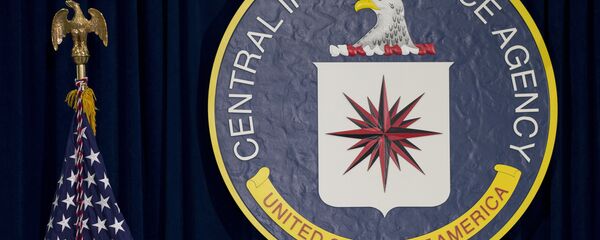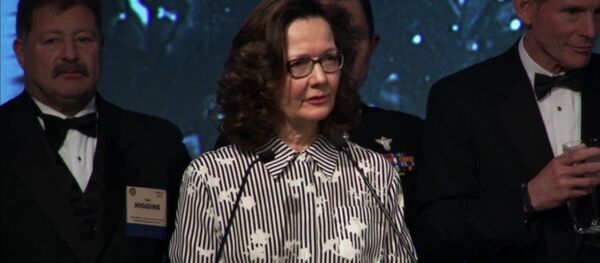The judge's ruling, which came down April 26, said that the CIA's argument for the practice won't be contested by the judicial system. The director of the CIA is "free to disclose classified information about CIA sources and methods selectively, if he concludes that it is necessary to do so in order to protect those intelligence sources and methods," a judge in New York's southern district wrote.
"And no court can second guess his decision," the judge decreed.
Adam Johnson, a reporter at FAIR Media Watch, sued the CIA under a Freedom of Information Act case, trying to obtain a copy of an email thread between the CIA and reporters at NYT, Washington Post and WSJ.
According to Steven Aftergood, director of the Federation of American Scientists' Project on Government Secrecy, the ruling threatens to hinder future FOIA cases.
"The Freedom of Information Act is a tool that can change as it is used, whether for the better or the worse, especially since FOIA case law rests on precedent," Aftergood said in a Monday report.
"That means that a FOIA lawsuit that is ill-advised or poorly argued or that simply fails for any reason can alter the legal landscape to the disadvantage of future requesters. In particular, as anticipated a few months ago, ‘a lawsuit that was intended to challenge the practice of selective disclosure could, if unsuccessful, end up ratifying and reinforcing it.' That is what has now happened," the FAS Project on Government Secrecy director concluded.




